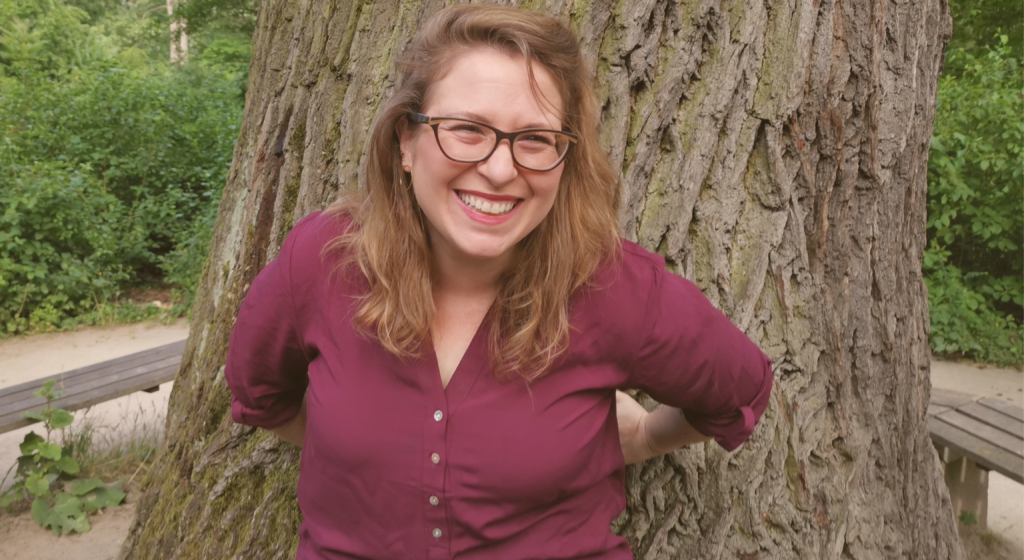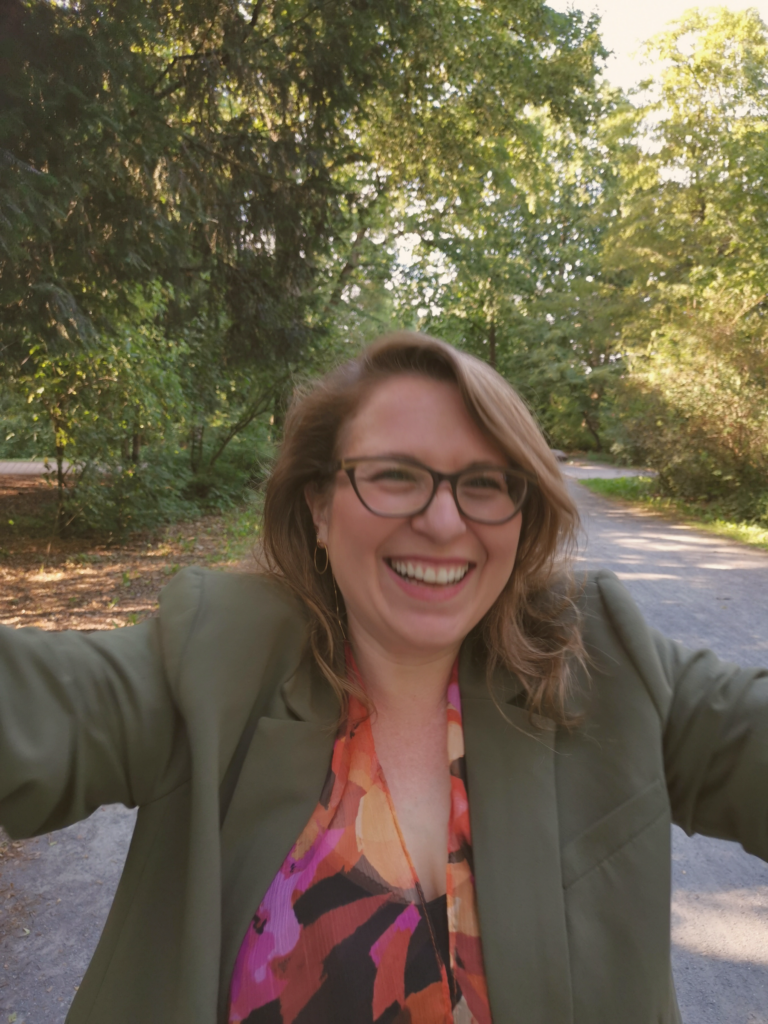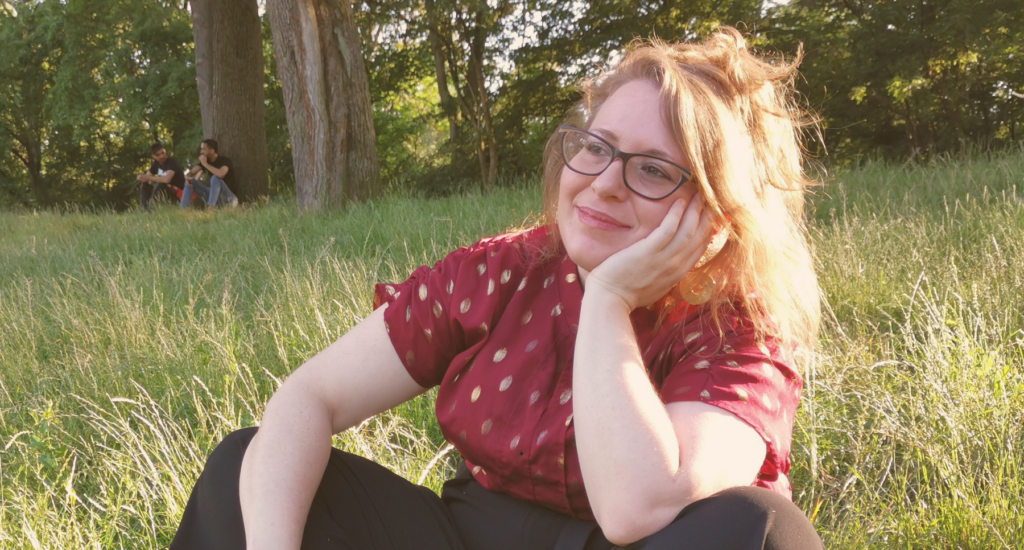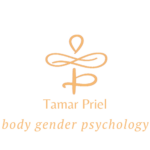About me:
Hi, I’m Tamar.

For over a decade, I’ve been captivated by the intricate dance between gender, the body, and women’s psychology. As a clinical social worker (MSW) counselor, embodiment practitioner, and gender researcher, I’ve witnessed the profound impact of societal and psychological pressures on women’s bodies, well-being, and relationships.
We’re often told to “keep going,” “you can do it!”, “stay positive,” and “Say yes” to what’s perceived as good for us. Yet, in the whirlwind of life’s demands and expectations, how often do we truly honor our own needs? Self-care, space-taking, and boundary—setting often feel like delicate negotiations, whispered requests seeking external approval rather than active actions nurturing our well-being.
This isn’t solely an individual issue; it’s a psychological phenomenon common in women’s lives, co-constructed by psychology, gender, and our neural pathways. These patterns seep into our personal and professional lives and our nervous systems, contributing to burnout, anxiety, and strained relationships.
I’m deeply driven to redefine these models, to envision a world where we prioritize ourselves, recharge, find joy, and unapologetically prioritize our well-being. A world where we pursue our goals without burning out, where kindness to others coexists with nurturing ourselves, and where both “no” and “yes” are valued.
This is a revolution—personally and socially.
Join me in nurturing yourself and others. With over 15 years of global experience supporting women, I invite you to embark on this journey with me.
Schedule a free consultation today.
To discover how I can support you in prioritizing your well-being and embracing a life of wholeness.

I bring a diverse range of expertise to our sessions; each helps me give you comprehensive support tailored to your needs:
- Clinical Social Work (MSW): Personalized consultation sessions tailored to your needs and goals.
- Resilience Building: Evidence-based methods to help you navigate challenges with strength and adaptability.
- Feminist Therapy: Understanding the unique psychological experiences of women by acknowledging societal factors and power dynamics that impact mental health.
- Polyvagal Theory: Exploring practical strategies to promote mental well-being through nervous system regulation.
- Embodied Facilitation: Embracing the idea that meaningful change must involve our bodies.
- Neuropsychology: Targeting stubborn patterns for lasting transformation through insights into brain function.
- Habit Change: Paving the way for sustainable change and personal growth by retraining daily habits.
Schedule a free consultation today.
To discover how I can support you in prioritizing your well-being and embracing a life of wholeness.

